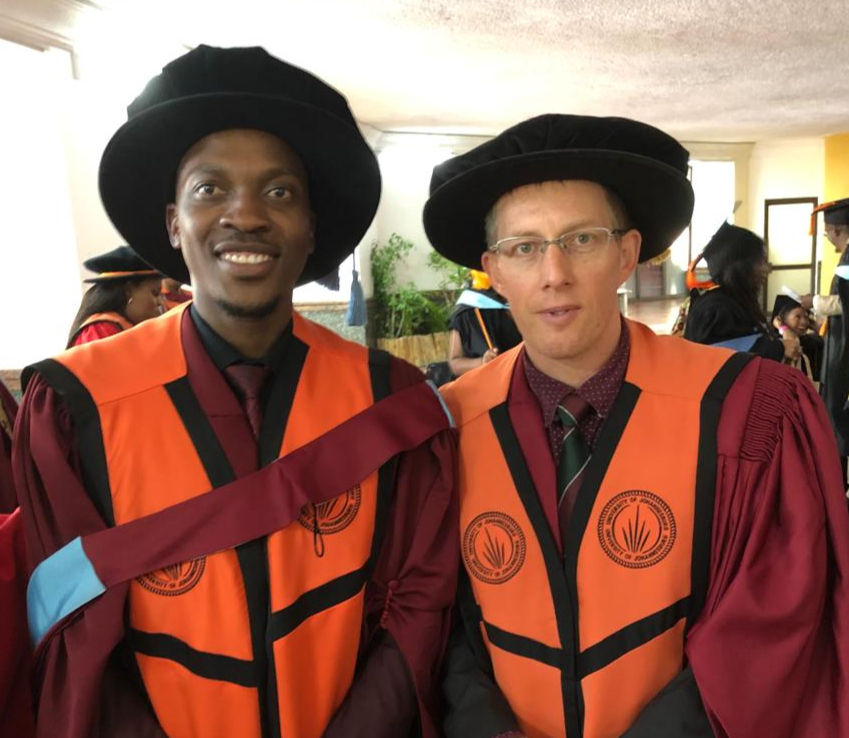Old-school note-taking
- Andrew Hartnack
- Jun 29, 2023
- 2 min read
Updated: Aug 8, 2023
I spend a lot of time interviewing people. It is one of my favourite parts of the work I do. In the right kind of research process I approach interviews less as a one-sided questioning, and more as a conversation. Of course, there are some more structured, rigid kinds of interviews, and I need to adapt to interview people in many different environments, including online. I recently had to interview several senior government and business leaders, and had to be on top of my game as we explored highly technical public health issues. In this case I relied on my knowledge of the public health landscape and had to think on my feet. I suspected that if I asked a silly question, they would quickly lose patience. I also relied on some carefully crafted questions I developed specifically for them. But generally, I prefer not to be too rigid or prescriptive, allowing unforeseen issues to be explored in the interview. I also like to build rapport and connection through my interviews, and create a space where the interviewee can use the interview to reflect on their life or work too.
Sometimes the research process requires me to record the interview and transcribe it later for in-depth analysis. In these cases I still take detailed notes, a skill I have perfected over the years. I find that these notes are often adequate even without the recording, depending on how much detail I need. During my PhD research I was interviewing an old journalist colleague of my father's. I wanted to record the interview as in academic research you preferably analyse the detailed wording and speech patterns used by informants. This particular person did not like the sound of her voice and therefore refused for me to record her. 'Oh just be a hack!', she told me. A hack being the word old-school journalists use to describe themselves.

I often think of her when I am in the field and have to just be a 'hack', without any of the modern data-capturing devices. Good old copious note-taking by hand. Although my handwriting is far from neat, I can take detailed ethnographic notes in the field which are very useful when I return to the office and need to analyse the data. My father had an unfair advantage when it came to being a hack: He wrote perfect Pitman's shorthand, which I don't.
Picture taken by Bart Love, whose Another Love Productions I enjoy collaborating with. This was taken in Mpumalanga, close to the Mozambique border when we interviewed leprosy survivors.




Comments